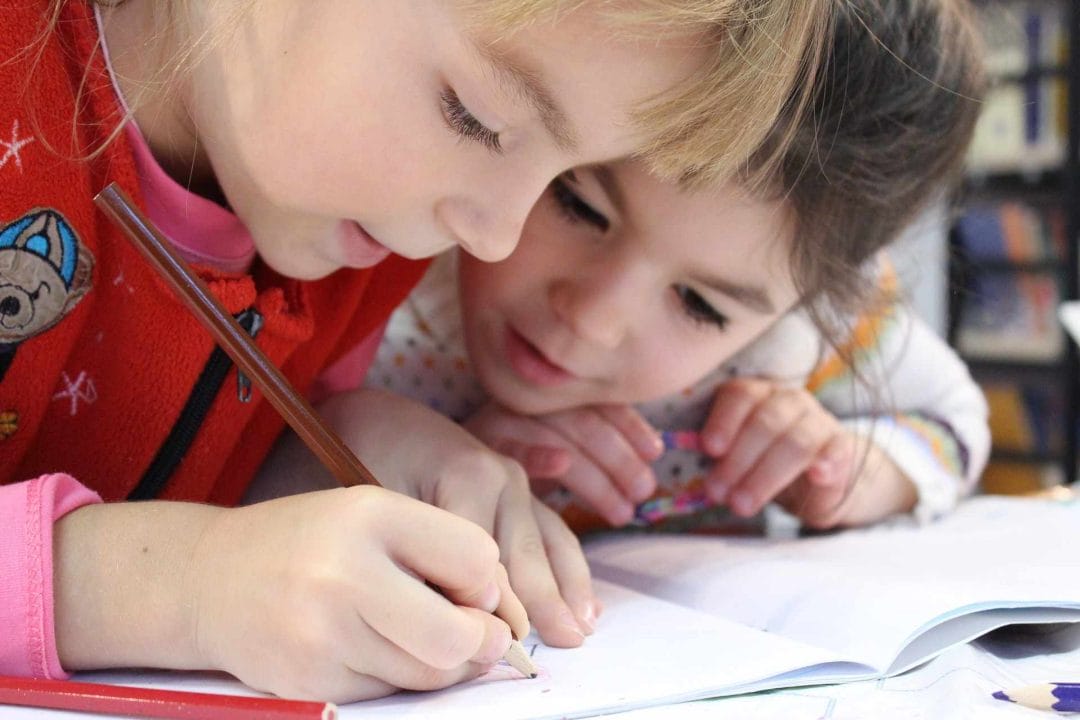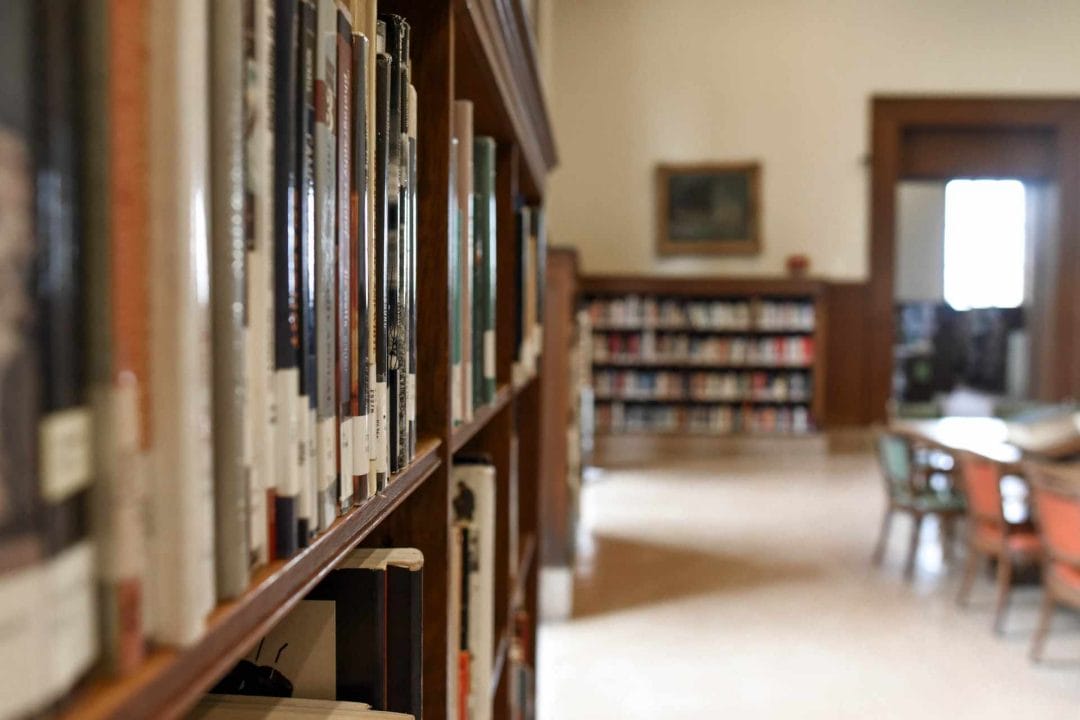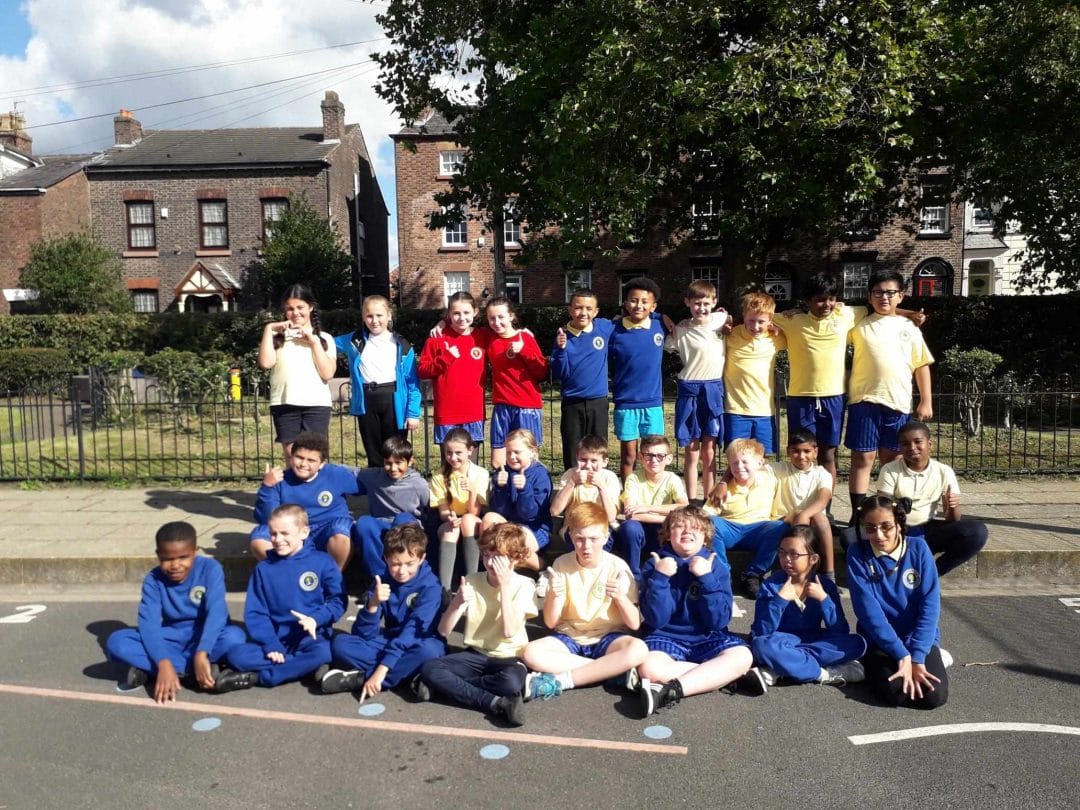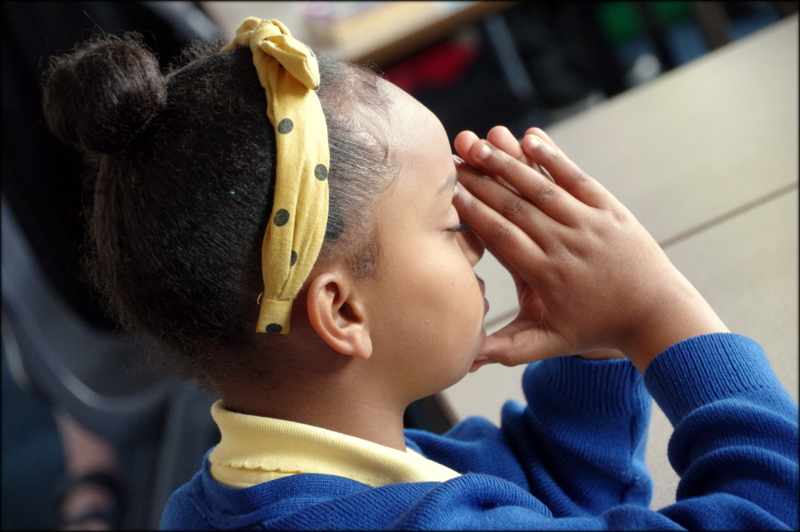Curriculum Overview
Wavertree Church of England SchoolCurriculum
At Wavertree Church of England School we are secure in the application and communication of our Christian and British values and our partnership with Holy Trinity Church is strong.
We are: avid readers, aspiring writers (across a range on genres), mathematicians, scientists, explorers of the humanities, artists, computing programmers, fundamental movers (Real P.E.), designers, linguists, heartsmart and diverse and inclusive.
Our mission statement: Belong, Believe, Achieve resonates through all we do and embraces our differences, whilst celebrating our academic, social and cultural achievements.
Our curriculum promotes curiosity and a love and thirst for learning. It is ambitious and empowers our children to become independent, enquiring and resilient.
We encourage children to learn independently and cooperatively, relating to others and forming strong relationships.
Our Open Worlds humanities project has been introduced in key stage two, to improve subject-specific language acquisition, to broaden knowledge of historical and geographical understanding and to close potential gaps for our diverse context of students. Our pupils make clear connections and links within the subjects of History and Geography and ‘sticky memory’ is accrued through repetition of key vocabulary within a context. The use of standard English is improved by children responding to questions, in full sentences.


Our Curriculum Implementation
Our curriculum has been carefully built and the learning opportunities and assessment milestones for each year group crafted to ensure progression and repetition in terms of embedding key learning, knowledge and skills. The Open Worlds humanities project has been designed to ensure that real connections and links can be made across the curriculum to create sticky memory and to improve key vocabulary for all children. Subject leaders have developed subject specific characteristics which we expect the children to demonstrate in each discrete subject area. These characteristics, ranging from resilience (P.E.), emotional intelligence (Heartsmart) and critical/spiritual thinking (R.E.) are there to support our children on their journey through our school, to enable them to be secondary-ready, and to support their hopes and ambitions within and beyond education.
Our school vision: Belong, Believe, Achieve. Sits at the heart of all we do.
Belong
Believe
We believe in our children, in our Christian practice and our whole school worships continue to share with all pupils and staff, the teachings of the bible. Our partnership with Holy Trinity church is very strong and allows our Christian faith to be fully appreciated, whilst also deepening children’s spiritual understanding, and regular worships led by Father Robert celebrate the Christian calendar.
Achieve

Our Curriculum Impact
We use both formative assessment information every day, and in every lesson. Staff use this information to inform their short-term planning and short-term interventions – including in the foundation subjects. This helps us provide the best possible support for all of our pupils, including the more able. Subject leaders have mapped out the assessment milestones for each phase, the language acquisition expectations and half termly units in line with the scheme of work for that subject. Within English, weekly spellings are taught and assessed with children grouped in accordance to their abilities. Progress is tracked and attainment logged. Within mathematics, times tables are taught and monitored by class teachers and these form weekly homework opportunities for improvement of rapid recall. Google Classroom is used for all homework.
Our staff use formative assessment grids to systematically assess what the children know as the topic progresses and inform their future planning. These formative assessment grids then inform summative assessment judgements for each topic in every foundation subject area (and science). Within R.E. the use of the WOW books looks at prior understanding and knowledge and which future learning has taken place.
Assessment information is analysed by our Headteacher and subject leads for coverage, the Quality of education, and levels of attainment as part of our monitoring cycle. Pupil progress reviews are conducted half termly (formative) and termly (summative). This process provides the SLT and Governors with an accurate and comprehensive understanding of the quality of education in our school.
We set out our monitoring cycle at the beginning of each academic year. This identifies when monitoring for all year groups is undertaken in all subject areas and the type of monitoring adopted. Monitoring includes: book scrutinies, lesson observations and/or learning walks, pupil/parent and/or staff voice.
All of this information is gathered and reviewed. It is used to inform further curriculum developments and provision is adapted accordingly.
What we do for our staff
We empower our staff to organise their curriculum as they see fit to best suit the needs of the pupils in their care. They are best placed to make these judgements. Staff develop year group specific long-term curriculum maps which identify when the different subjects and topics will be taught across the academic year. The vast majority of subjects are taught discretely but staff make meaningful links across subjects to deepen children’s learning.
Our short-term plans are produced on a weekly and daily basis. We use these to set out the learning objectives for each lesson, identifying engaging activities and resources which will be used to achieve them.






